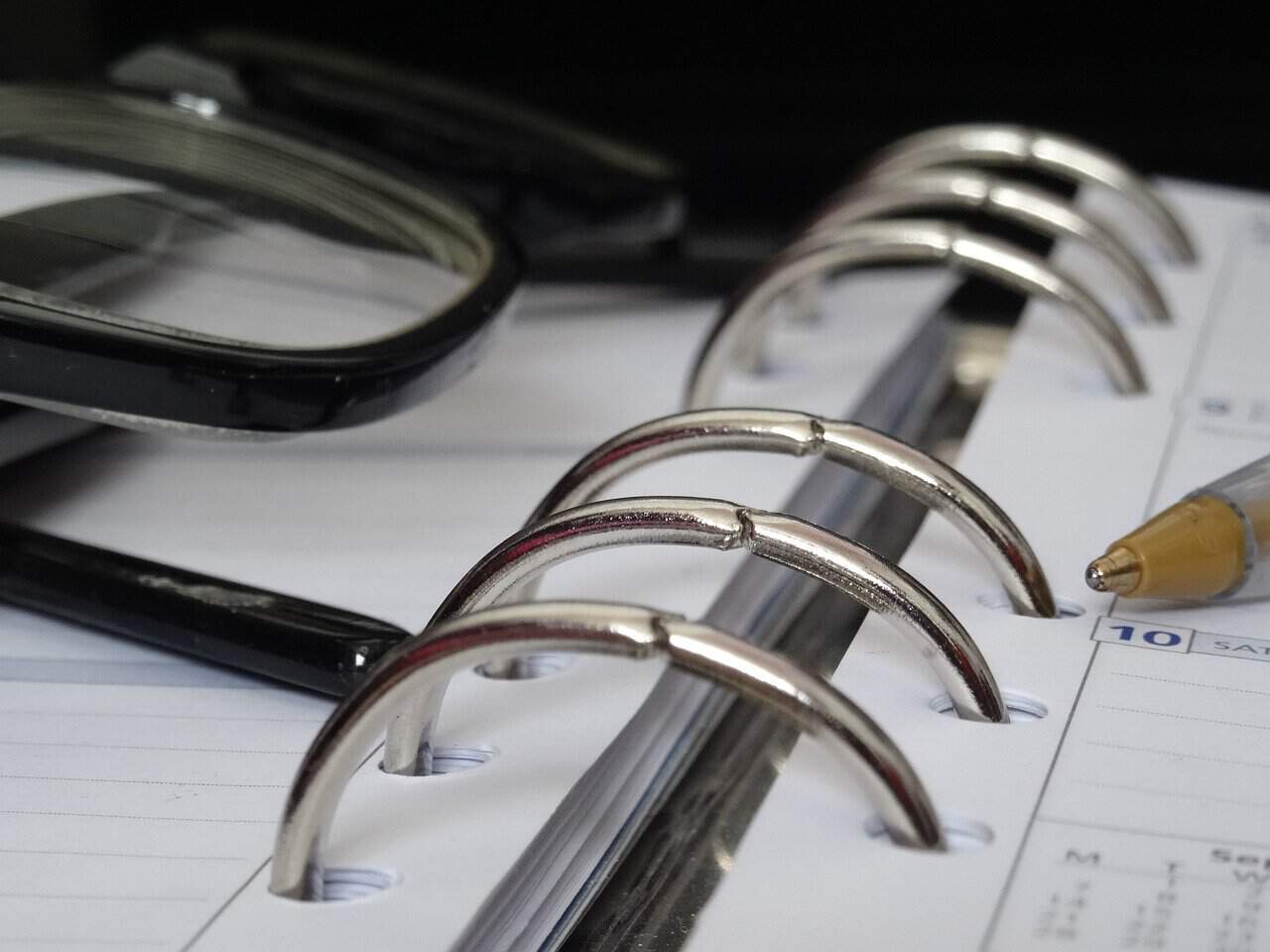Personal Self-Assessment for Improved Self-Confidence
Self-confidence plays a vital role in personal and professional success, and one of the foundational steps to building your confidence is through personal self-assessment. This process entails evaluating your skills, values, strengths, and weaknesses, enabling you to embark on a journey of self-discovery and growth. Here’s how you can conduct an effective personal self-assessment to enhance your self-confidence.
Why Self-Assessment Matters
1. Identify Your Strengths and Weaknesses
Understanding your strengths allows you to maximize your potential and leverage your abilities in various aspects of your life. Conversely, recognizing weaknesses helps you focus on areas that need improvement. This clarity can significantly boost your confidence, as acknowledging both sides enables you to work toward growth effectively.
2. Set Meaningful and Achievable Goals
By pinpointing your strengths and weaknesses, you can set realistic and meaningful goals that align with your abilities. As you achieve these goals, you enhance your sense of accomplishment, which, in turn, reinforces your self-confidence.
3. Enhance Emotional Intelligence
Using self-assessment tools, such as emotional intelligence assessments, can aid in understanding and managing your emotions. This skill is critical for fostering strong relationships and making informed decisions—it's crucial for your overall self-confidence.
Popular Self-Assessment Tools
1. Myers-Briggs Type Indicator (MBTI)
The MBTI helps you identify your personality type based on four dichotomies: introversion/extroversion, sensing/intuition, thinking/feeling, and judging/perceiving. This assessment provides insights into your communication styles and decision-making processes, allowing you to interact better with others.
2. StrengthsFinder
This tool identifies your top five talent themes, such as achiever and adaptability. Understanding these strengths helps you apply them effectively in various situations, leading to greater self-confidence.
3. Strong Interest Inventory
This assessment examines your interests across various categories, such as creative arts and business systems, matching them with potential career paths. Discovering roles that align with your interests can lead to enhanced job satisfaction and self-confidence.
4. Emotional Intelligence Assessments
These tests evaluate your ability to understand and manage emotions. Developing emotional intelligence can significantly contribute to building interpersonal skills and self-confidence.
Best Practices for Conducting a Self-Assessment
1. Track Your Work and Accomplishments
Maintain a record of your responsibilities, projects, and achievements. Documenting your successes helps you evaluate your performance accurately and identify areas of excellence.
2. Be Honest with Yourself
Honesty is key to successful self-assessments. A truthful evaluation of your strengths and weaknesses leads to an accurate understanding of where you excel and where you need improvement.
3. Highlight Key Achievements
Focus on significant accomplishments during your assessment period. Highlight concrete examples that demonstrate how you successfully completed projects or exceeded expectations.
4. Acknowledge Areas for Growth
Recognizing your weaknesses and areas needing improvement shows your willingness to grow. Acceptance is crucial and paves the way for enhancing your self-confidence.
5. Choose the Right Assessment Tools
Select assessment tools that align with your development goals and personal competencies. Each tool serves a different purpose, and choosing the right one can streamline your personal development journey.
Additional Tips for Building Self-Confidence
1. Practice Self-Compassion
Treat yourself with kindness and understanding, especially when facing setbacks. Replace self-criticism with encouragement to promote a healthier self-image.
2. Set and Achieve Small Goals
Divide larger goals into smaller, manageable tasks. Celebrating small victories creates a sense of accomplishment that motivates you to strive for greater achievements.
3. Engage in Positive Affirmations
Use positive affirmations to reshape your inner dialogue and enhance self-esteem. Repeating affirmations that reflect your values and aspirations helps reinforce your worth.
4. Cultivate a Growth Mindset
Adopt a mindset that embraces challenges and views failures as opportunities for learning. This perspective fosters resilience and enhances self-confidence.
5. Prioritize Self-Care
Focusing on your overall well-being plays a significant role in improving self-esteem. Engage in activities that promote physical, mental, and emotional health, such as exercise, proper nutrition, and relaxation techniques.
Conclusion
Personal self-assessment is a powerful tool in your journey toward building self-confidence. By understanding your strengths and weaknesses, setting achievable goals, and employing self-assessment tools effectively, you can enhance both your self-awareness and self-confidence. Remember, confidence is a skill that can be developed—so embrace the process and take the steps necessary to elevate your self-esteem.
For more comprehensive resources, guides, and courses on improving your self-confidence, visit Self Confidence For Me. Equip yourself with the tools you need to succeed!
Next Steps
-
Conduct a Personal Self-Assessment: Begin by evaluating your skills, values, strengths, and weaknesses using a reliable tool, such as the Myers-Briggs Type Indicator or StrengthsFinder. This will give you a clearer understanding of your capabilities and areas for growth.
-
Set Specific Goals: Based on your self-assessment, identify meaningful and achievable goals. Break these goals down into smaller, actionable steps, and celebrate each achievement to reinforce your self-confidence.
-
Enhance Emotional Intelligence: Consider taking emotional intelligence assessments to better understand your emotional responses and improve your relationship management skills. This newfound awareness can lead to increased self-confidence in social settings.
-
Document Your Progress: Keep a journal of your accomplishments and reflect on them regularly. Highlight your successes, no matter how small, and acknowledge the progress you've made toward your goals.
-
Practice Self-Compassion: Embrace a kind approach toward yourself, particularly during challenging times. Replace negative self-talk with positive affirmations that cultivate a supportive inner dialogue.
-
Engage with Professional Resources: For further insight on self-assessment tools and best practices for professional development, visit Self-Assessment Tools for Professional Development. Employ these resources to inform your self-assessment strategy and personal growth journey.
By taking these steps, you'll not only enhance your self-awareness but also lay the foundation for stronger self-confidence in all areas of your life.
